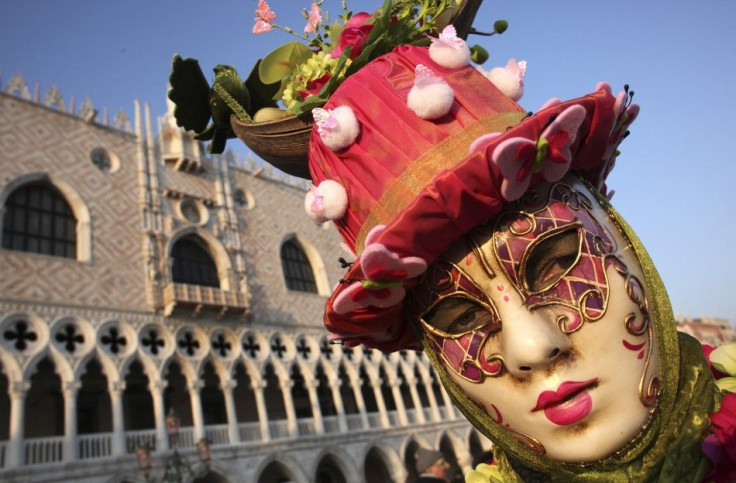The Return Of The Glorious Venetian Republic? Yet Another Separatist Movement In Europe

The Venetian Republic, once a grand, glorious and prosperous trading state that lasted a thousand years until it fell to Napoleon Bonaparte in 1797, could make a comeback if a pro-independence movement in northeastern Italy has any say.
Indipendenza Veneta is a political organization that seeks to create an independent homeland that would include Venice, the region of Veneto and parts of Lombardy, Trentino and Friuli-Venezia Giulia (essentially the territory comprising the old Republic of Venice).
The euro zone economic crisis has spawned (or renewed) a number of regional separatist movements, particularly in wealthier provinces that resent the financial burdens placed upon them by the centralized government, i.e., Catalonia in Spain.
“The Europe-wide call for political independence is spreading to the Veneto region, where the economic crisis is hitting hard a region that has been historically impatient with the centralized government in Rome,” Indipendenza Veneta boldly declared in a statement.
According to a report in the Daily Telegraph of Britain, nationalist activists are anticipating a huge crowd of supporters at a rally in Venice on Saturday demanding the formation of a new state, separate from Rome.
A survey taken by the Corriere della Sera newspaper in September revealed that support for independence is very high in Veneto, the rich region of which Venice is capital -- 80 percent favor it and wish to see the measure put to referendum.
The new Venetian state, should it ever see the light of day, would boast a population of some 5 million people.
The chairman of Indipendenza Veneta, a man named Lodovico Pizzati, has already submitted an independence petition bearing 20,000 signatures to Luca Zaia, the governor of the Veneto region.
“The declaration of independence is inevitable,” said Pizzati. “Surveys show that it is wanted by the overwhelming majority of Venetians. To speed up the process, we need the support and help of as many Venetians as possible.”
Pizzati, 39, is a professor of economics at the Ca' Foscari University of Venice and has been involved in the separatist movement for much of his adult life. His father, Giulio, was one of the founders of the Liga Veneta, the largest regional political party in the Veneto.
Giulio later helped formed a splinter group called the Veneto Autonomous Region Movement.
Lodovico Pizzati also complained in a statement that Venice and the surrounding region are being unfairly dragged into the economic quagmire afflicting the remainder of Italy.
”In this time of economic crisis, where the Veneto is squeezed worse than a colony in Africa, Indipendenza Veneta is the only alternative to the decline in Italy,” he stated.
“We Venetians do not deserve to get poorer because of a ruling class [Rome] that refuses to represent our interests. The majority of the Veneto is increasingly in favor of Indipendenza Veneta. It is for this reason that the referendum is inevitable.”
However, while conceding that many Venetians would indeed like to form their own nation, Zaia countered that there was no constitutional basis for such secession.
Venice has been a part of Italy since 1866, five years after the nation was unified, when the Veneto region was handed over by the Austro-Hungarian Empire after the Third Italian Independence War.
© Copyright IBTimes 2025. All rights reserved.





















